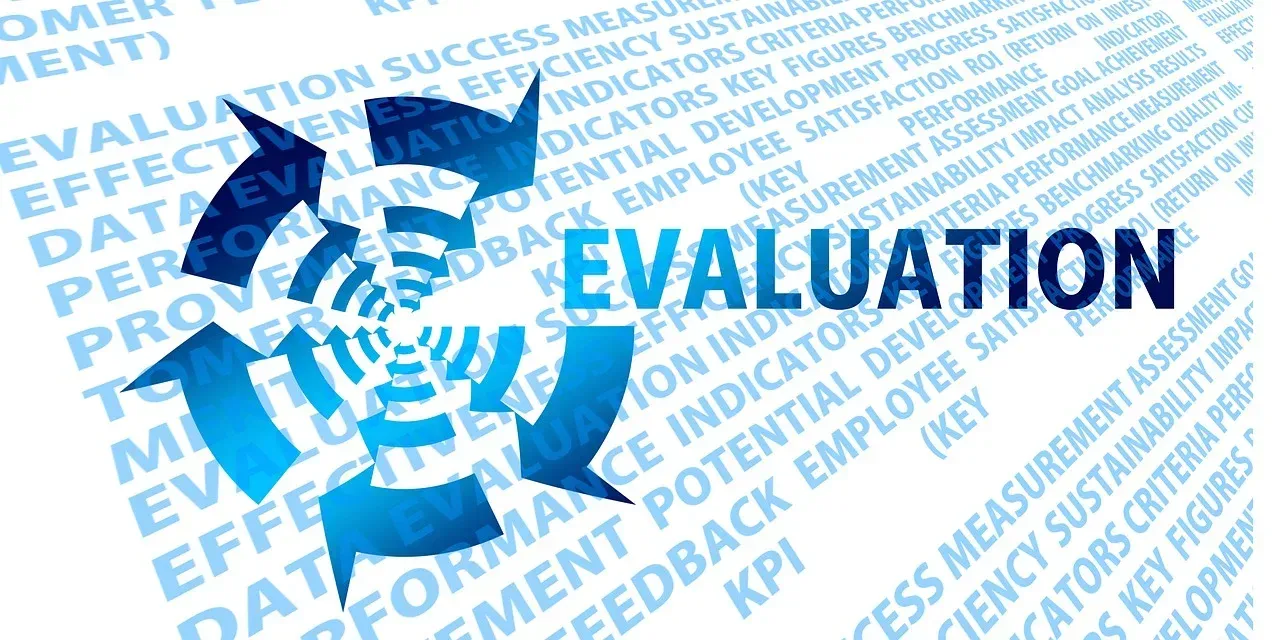Navigating the Complex World of Payroll Administration: A Comprehensive Guide

Payroll administration is an essential function for any organization, regardless of its size that must be executed flawlessly every pay period. It involves managing the financial aspect of paying employees accurately and on time. While it might seem straightforward on the surface, payroll administration is a multifaceted task that can quickly become complex due to various factors, including the ever-changing laws and regulations. In this blog post, we will explore the intricacies of payroll administration, discuss common challenges, and offer tips on how to stay compliant and efficient.
The Complexity of Payroll Administration:
- Changing Legislation: One of the primary complexities in payroll administration is the constant evolution of labor laws and tax regulations. Staying updated with these changes at the federal, state, and local levels can be overwhelming. Failure to comply with these laws can result in costly penalties.
- Employee Classification: Determining whether an employee should be classified as exempt or non-exempt for overtime purposes can be challenging. Misclassification can lead to wage and hour disputes.
- Tax Withholding: Calculating and withholding the correct amount of federal and state income taxes, Social Security, and Medicare can be intricate. Errors in tax calculations can lead to employee dissatisfaction and potential fines from tax authorities.
- Benefits and Deductions: Managing employee benefits, such as health insurance, retirement plans, and various deductions, requires precision. Each employee may have unique benefit packages, and ensuring accuracy is vital.
- Record Keeping: Adequate record keeping is not only important for compliance but also for resolving disputes and audits. Maintaining detailed records of hours worked, wages paid, and tax deductions is crucial.
Common Challenges in Payroll Administration:
- Time Sensitivity: Payroll processing has strict deadlines, whether it's for weekly, bi-weekly, or monthly payrolls. Missing these deadlines can lead to disgruntled employees.
- Data Accuracy: Errors in data entry, such as hours worked or benefit deductions, can result in incorrect paychecks. These errors can damage employee trust and create additional work to rectify.
- Software and Technology: Payroll software is essential for streamlining the process, but it can also be a source of frustration if not properly configured or if it malfunctions.
- Security Concerns: With sensitive employee data at stake, ensuring the security of payroll information is paramount. Cybersecurity threats and data breaches are ever-present risks.
Tips for Effective Payroll Administration:
- Stay Informed: Keep abreast of changing laws and regulations by regularly consulting official government websites and attending relevant seminars or webinars.
- Hire Experts: Consider hiring or outsourcing payroll experts who specialize in navigating the complexities of payroll administration.
- Invest in Payroll Software: Utilize reliable payroll software that automates calculations, tax withholdings, and compliance checks to reduce errors and save time.
- Regular Audits: Conduct regular internal audits to identify and correct errors or discrepancies before they become major issues.
- Employee Communication: Maintain open communication channels with employees to address any questions or concerns they may have regarding their payroll.
Conclusion:
Payroll administration is undoubtedly a complex and challenging aspect of running a business. It is too important and inexpensive not to outsource this critically important function to professionals. The ever-evolving laws and regulations, coupled with the need for precision and timeliness, make it crucial to invest time and resources into managing payroll effectively.
You might also like



